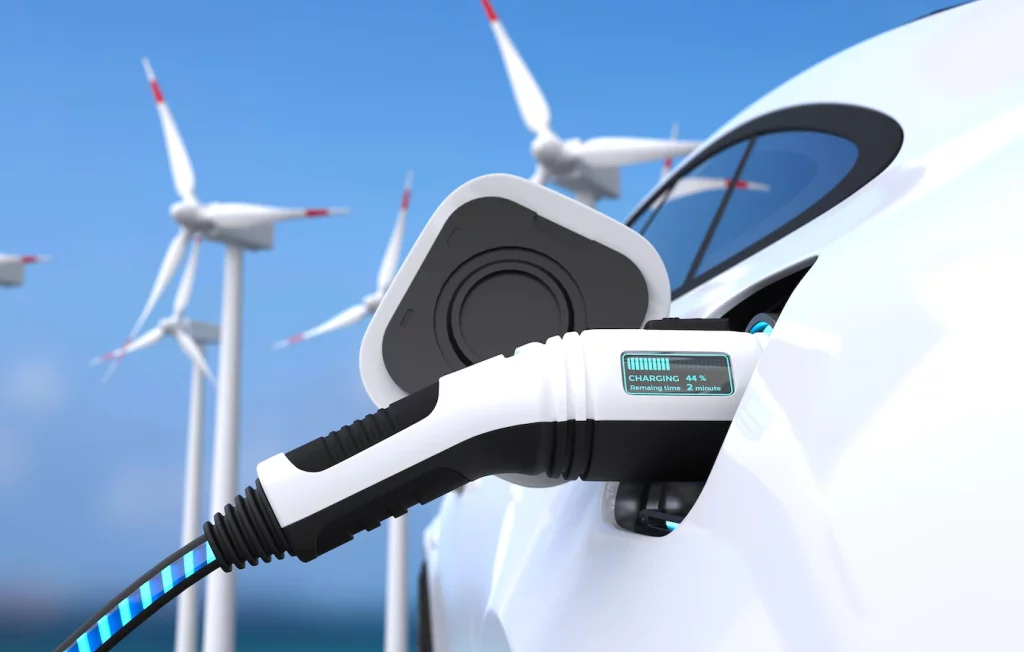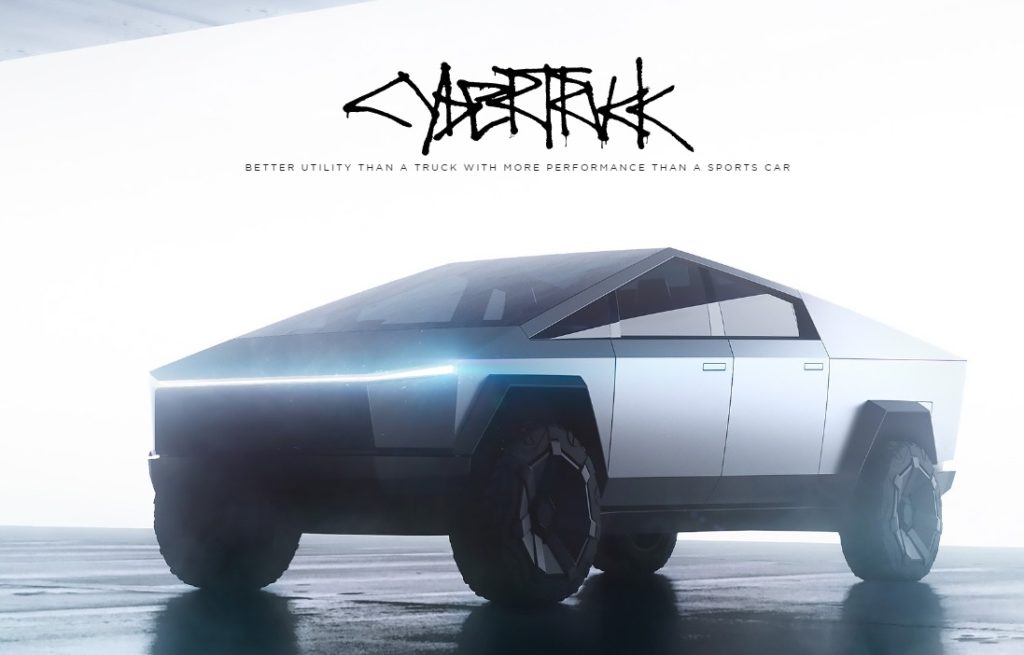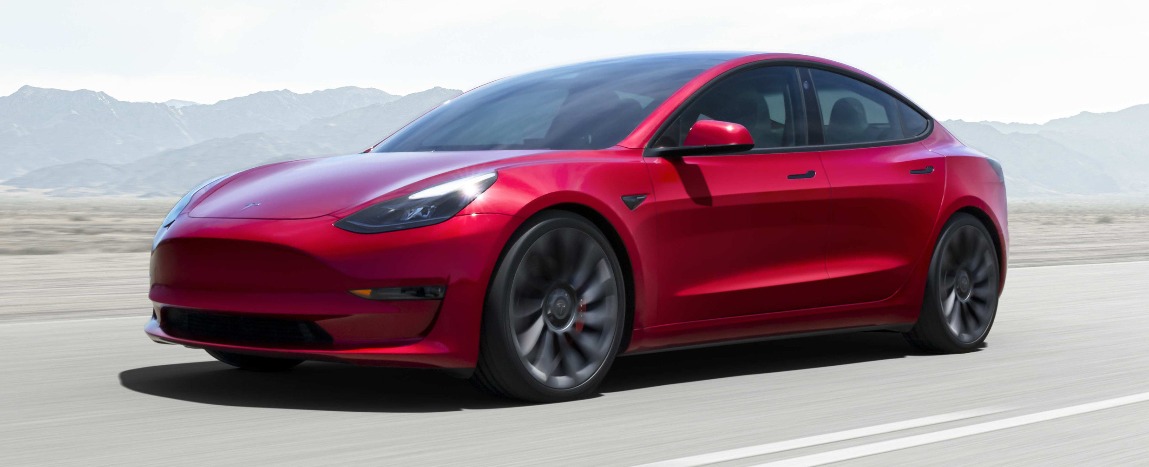Tesla, Inc. is a American multinational corporation that designs and manufactures electric vehicles, energy storage systems, and solar panel manufacturing. The company was founded in 2003 by entrepreneur Elon Musk, who saw the potential for electric cars to disrupt the traditional automotive industry.
The early years of Tesla were marked by financial struggles and production delays. Despite the initial difficulties, Tesla was able to release its first car, the Tesla Roadster, in 2008. The Roadster was a high-performance electric sports car that was well-received by car enthusiasts and helped to establish Tesla as a leader in the electric vehicle market.
In 2012, Tesla released its Model S sedan, which was a more affordable and practical option for everyday drivers. The Model S was a hit, with its impressive range, high-tech features, and luxurious interior, and it helped to further establish Tesla as a major player in the automotive industry.
The success of the Model S was followed by the release of the Model X in 2015, a crossover SUV that offered the performance and technology of the Model S in a larger, more versatile body style. The Model X was well-received by consumers, and it helped to solidify Tesla’s position as a leader in the electric vehicle market.
In 2017, Tesla released its most affordable car yet, the Model 3. The Model 3 was designed to be a more affordable option for consumers who were interested in electric vehicles but were put off by the high price of the Model S and Model X. Despite some production delays and quality control issues, the Model 3 was a hit with consumers and helped to further expand Tesla’s customer base.
Despite the success of its car models, Tesla has faced several challenges in its history. In its early years, the company struggled to achieve profitability and was plagued by production delays and quality control issues. More recently, the company has faced scrutiny over its high level of debt and Musk’s controversial behavior.
Despite these challenges, Tesla’s stock has been a strong performer on the stock market. The company went public in 2010 and its stock has risen significantly in the years since, making it one of the most valuable car companies in the world.
Looking to the future, Tesla continues to innovate and expand its product line. The company is currently working on several new models, including the Tesla Semi truck and the Tesla Roadster sports car. Additionally, Tesla is also expanding its charging infrastructure and working on developing energy storage solutions for homes and businesses.
In addition to its electric car and energy storage businesses, Tesla is also involved in the solar panel manufacturing industry. In 2016, the company acquired SolarCity, a solar panel installation and manufacturing company, and has since integrated solar panel manufacturing into its business. This has allowed Tesla to offer a complete clean energy solution to its customers, with the ability to generate, store, and use clean energy all from one company.
Overall, Tesla has come a long way since its inception in 2003. From its early days as a producer of high-performance electric sports cars, the company has grown into a major player in the automotive industry, with a range of popular electric car models and a strong presence on the stock market. Additionally, Tesla’s expansion into the solar panel manufacturing industry has allowed the company to offer a complete clean energy solution to its customers. Despite its challenges, Tesla remains a leading force in the transition to a more sustainable future.

BATTERIES
The batteries used in Tesla cars are an integral part of what makes these vehicles so impressive. Unlike traditional gasoline-powered cars, which use internal combustion engines to generate power, Tesla cars are all-electric, meaning they rely on batteries to store energy and power the vehicle.
Tesla uses lithium-ion batteries in its cars, which are some of the most common and widely used batteries in the world. Lithium-ion batteries are rechargeable and have a high energy density, meaning they can store a lot of energy in a small space. This makes them ideal for use in electric cars, where space is at a premium.
The specific type of lithium-ion battery used in Tesla cars is called a 18650 cell. These cells are named after their dimensions – 18mm in diameter and 65mm in length – and they are the same type of cells used in laptops and other portable electronics.
The 18650 cells used in Tesla cars are arranged in a pack, which is then installed in the vehicle. The number of cells in the pack varies depending on the model of the car, with the Tesla Model 3 having a pack with about 2,000 cells and the Tesla Model S having a pack with over 7,000 cells.
One of the standout features of the batteries used in Tesla cars is their range. With a single charge, most Tesla models can travel over 300 miles, which is significantly farther than most other electric cars on the market. This long range is made possible by the high energy density of the lithium-ion batteries, as well as the efficient design of the electric powertrain in the car.
In addition to their impressive range, the batteries used in Tesla cars are also designed to be durable and long-lasting. Tesla has stated that its batteries are designed to last for the life of the car, with a warranty of 8 years or 100,000 miles for the Model S and Model X, and 8 years or 120,000 miles for the Model 3.
Tesla has also built a network of Supercharger stations, which are located across the United States and Canada and allow Tesla owners to quickly and easily recharge their cars while on the go. These Superchargers are capable of charging a Tesla car in as little as 30 minutes, making long-distance driving in a Tesla a viable option for many drivers.
Overall, the batteries used in Tesla cars are an important part of what makes these vehicles so impressive. Their high energy density, long range, and durability make them well-suited for use in electric cars, and Tesla’s network of Supercharger stations makes it easy for owners to recharge their cars while on the go.

The Tesla Cybertruck
Tesla trucks are a new addition to the company’s lineup of electric vehicles. Tesla has announced plans to produce two different models of electric trucks, the Tesla Semi and the Tesla Cybertruck.
The Tesla Semi is a heavy-duty truck that is designed for long-haul transport. It features a sleek, aerodynamic design and is equipped with four electric motors that provide instant torque and quick acceleration. The Tesla Semi has a range of 500 miles on a single charge, making it well-suited for long-distance hauls.
The Tesla Cybertruck, on the other hand, is a smaller, more rugged vehicle that is designed for off-road use. It features a unique, angular design that is made from a stainless steel exoskeleton, making it extremely durable and capable of withstanding impacts. The Cybertruck is equipped with a powerful electric motor that provides impressive acceleration and off-road capabilities.
Both the Tesla Semi and the Cybertruck are expected to be available in the coming years, with the Semi set to enter production in 2021 and the Cybertruck set to enter production in 2022.
One of the standout features of Tesla trucks is their electric powertrain. Unlike traditional diesel-powered trucks, which produce significant amounts of air pollution and greenhouse gases, Tesla trucks are all-electric and produce zero emissions. This not only makes them better for the environment, but it also makes them more cost-effective to operate, as electric power is cheaper than diesel fuel.
Another advantage of Tesla trucks is their performance. The electric motors used in these vehicles provide instant torque and quick acceleration, making for a smooth and efficient driving experience. The long range of the Tesla Semi also makes it well-suited for long-distance hauls, and the off-road capabilities of the Cybertruck make it a versatile option for a variety of applications.
Despite the many benefits of Tesla trucks, there are also some challenges that the company will need to overcome. The high cost of these vehicles may be a barrier for some consumers, and the limited availability of charging infrastructure in some areas may make it difficult for Tesla truck owners to recharge their vehicles while on the go.
Overall, Tesla trucks are a promising addition to the company’s lineup of electric vehicles. Their all-electric powertrain, impressive performance, and innovative designs make them a compelling option for both long-haul transport and off-road use. While there are some challenges to be addressed, Tesla trucks have the potential to revolutionize the trucking industry and help pave the way for a more sustainable future.
